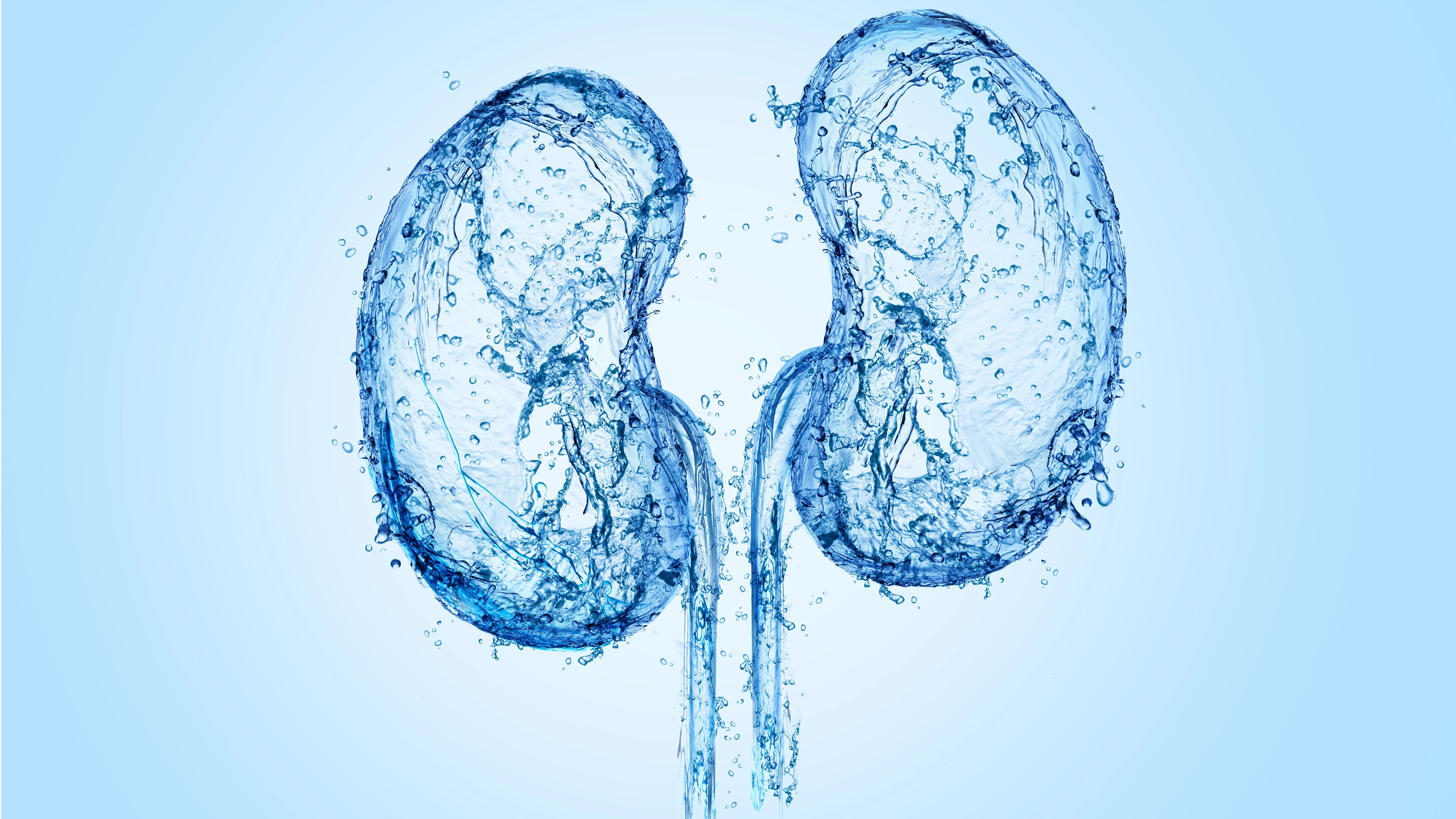
The kidneys are vital organs responsible for filtering waste, balancing electrolytes, and regulating blood pressure. Given their critical role in maintaining overall health, protecting kidney function has become an essential focus in both preventive health and disease management strategies. In recent years, hydrogen-rich water (H₂ water) has emerged as a potential supportive element for kidney health, thanks to its unique antioxidant and anti-inflammatory properties. But what does science say about it? Let's explore the potential benefits and limitations of hydrogen water for kidney function.
What Is Hydrogen Water?
Hydrogen water is simply water infused with dissolved molecular hydrogen gas (H₂). Unlike other antioxidants, molecular hydrogen selectively targets harmful reactive oxygen species (ROS) without disrupting essential cellular signaling molecules. This selective action may help reduce oxidative stress, a key factor in kidney damage and chronic kidney disease (CKD) development.
Learn more about the selective antioxidant effects of hydrogen in this foundational study: Ohsawa et al., Nature Medicine, 2007
Potential Benefits of Hydrogen Water for Kidney Health
Reduction of Oxidative Stress in Kidney Tissues
Oxidative stress plays a major role in the progression of renal diseases. Studies have shown that hydrogen water may reduce oxidative markers in kidney tissue, particularly in conditions of acute kidney injury (AKI) and chronic kidney disease.
In animal models of kidney injury, hydrogen-rich saline significantly decreased markers of oxidative stress and improved kidney function: Sun et al., Kidney International, 2012

Anti-Inflammatory Effects Supporting Renal Function
Chronic inflammation is linked to the progression of CKD. Hydrogen water has shown potential in modulating inflammatory pathways, reducing pro-inflammatory cytokines, and protecting renal tissue.
A 2017 study demonstrated that hydrogen-rich water reduced inflammation in patients undergoing dialysis, lowering markers like CRP (C-reactive protein): Nakao et al., Nephrology Dialysis Transplantation, 2010
Potential Support for Dialysis Patients
For patients with end-stage renal disease (ESRD) on dialysis, managing oxidative stress is critical. Clinical trials have indicated that drinking hydrogen water may help reduce oxidative damage and improve the overall oxidative balance in dialysis patients.
A pilot study with hemodialysis patients showed improved redox status and reduced oxidative markers with hydrogen water intake: Nakao et al., Nephrology Dialysis Transplantation, 2010
Limitations and Considerations
Lack of Large-Scale Human Trials: While animal studies and small clinical trials show promise, large-scale randomized controlled trials are still lacking, making it premature to consider hydrogen water as a medical treatment for kidney diseases.
-Supportive, Not Curative: Hydrogen water may serve as a supportive wellness strategy but should not replace prescribed medications or dialysis treatments!
Dosage and Delivery Method: The most effective dose, frequency, and delivery method of hydrogen for kidney health remain topics of ongoing research.
A recent review highlights these research gaps: Ichihara et al., Medical Gas Research, 2021
Final Thoughts
Hydrogen water offers a promising, science-backed avenue for supporting kidney health, especially regarding oxidative stress and inflammation management. While its antioxidant and anti-inflammatory properties have shown encouraging results in preclinical and small-scale human studies, it is crucial to understand its role as a complementary approach rather than a cure.
As research continues, hydrogen water may become a valuable addition to kidney health strategies, but always in consultation with healthcare professionals.
References
Ohsawa et al., Hydrogen acts as a therapeutic antioxidant, Nature Medicine (2007) — Read here
Sun et al., Hydrogen-rich saline reduces kidney injury, Kidney International (2012) — Read here
Nakao et al., Effect of drinking hydrogen-rich water on oxidative stress in dialysis patients, NDT (2010) — Read here
Ichihara et al., Molecular Hydrogen Therapeutics, Medical Gas Research (2021) — Read here










